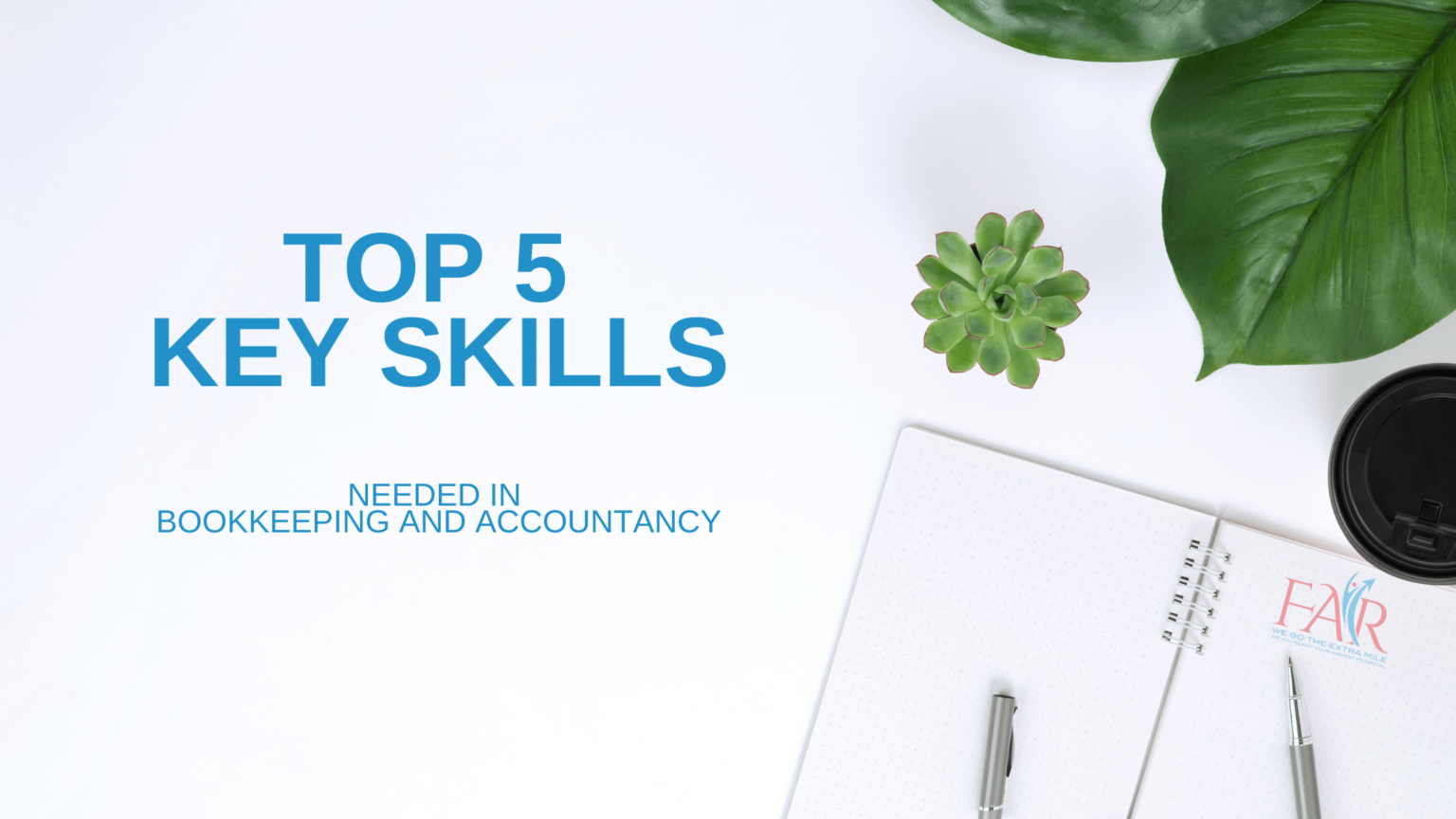Change is the only constant in our lives – so you have decided you need a change of career but what is holding you back? Usually it is nothing but YOURSELF. The good news is that you can change careers as long as you make the right decision and it is done in a carefully calculated way!
Fear and what-if analysis:
It is often the fear of the unknown or the uncertainty that holds us back from taking a leap of faith and moving into our dream career that we so longed for. At times like this, take a step back and reflect. Consider whether you want to be in your current career forever just because you are afraid of change? Consider what-if you changed careers – what is the worst that could happen and despite that why would you still want to change? For example, the worst that could happen is you would dislike your new career and you have wasted time and money training for it. Despite this, you would want to change your career in order to follow the career you are passionate about, the career that gives you job satisfaction, that has job security and that helps you earn enough to support you and your family needs for the future. Whatever your reasons for considering the change, don’t let fear hold you back!
Risks and back up plans to reduce risks:
If fear is to do with the unknown, then risks are the known factors that can be mitigated. For example, one of the biggest risks, would be the loss of your current income. To reduce the risk of being out of pocket all the time, do your research and consider how much you would lose initially because of launching into your new career. One way to reduce the risk of initial income loss, might be to work part-time in your current role thus keeping an income flow that is sustainable to your needs. If this is not possible, consider if you could secure an additional source of income, to ensure that losing one will not be the end of the world. And of course, spend less than you earn to build a financial buffer in case you need it! Risks can be minimised by putting plans in place that provide a buffer in case things don’t work to plan. Risks can work both ways though, it could catapult your income and don’t let the risk of losing out in the short term deter your focus from potential long term gains.
Safety net:
While working on your career plans, ensure that you involve your near and dear ones in the decision-making process. Talk things out with them and plan the road ahead together. You will need their support on your career journey, they are your safety net in case things do not turn out the way they should. They might also be better at analysing your strengths and weaknesses and guiding you in your decision. Also take advice from people you know personally or online to help you make your decision. Your personal contacts who work in the career of your choice might be able to help you secure a role in their organisation or via their contacts. Once you have their advice make a viable plan of how you’re going to go about the new project of changing careers. Consider the short term, medium term and long term impacts of your decision and write this down so you’ve reflected on it well. All this will give you the confidence you need to trust your decision.
Whether your goal is to get a new job or set up your own business, you must consider what you want from your career change and make a plan to achieve your goal. Don’t let the fear of failure or the risks of changing careers hold you back. Finally, if you think you can or you can’t, you’re probably right.



